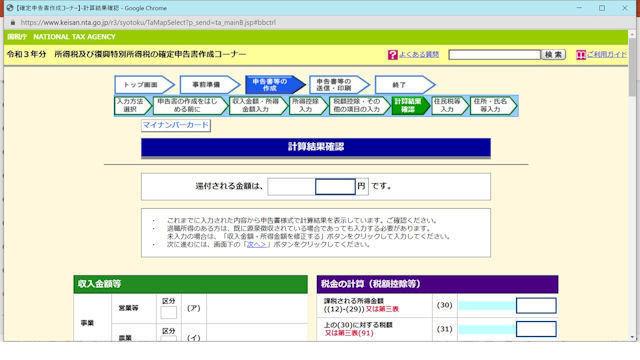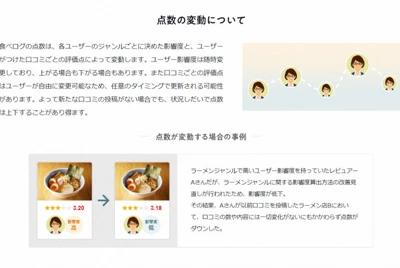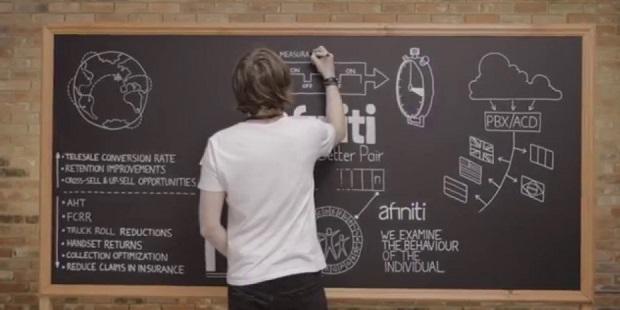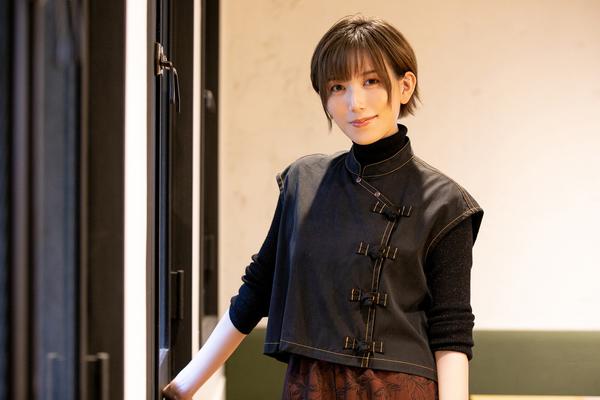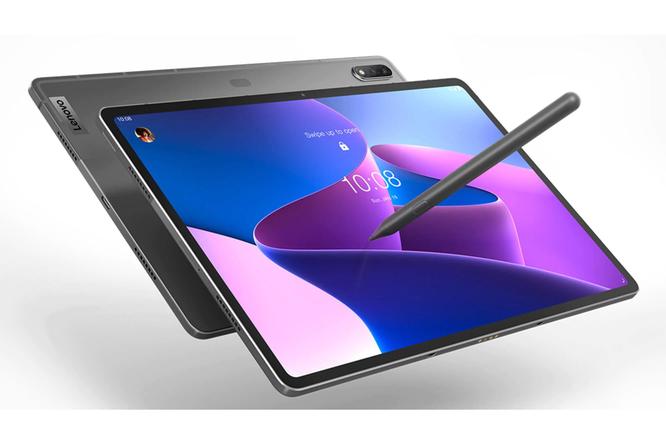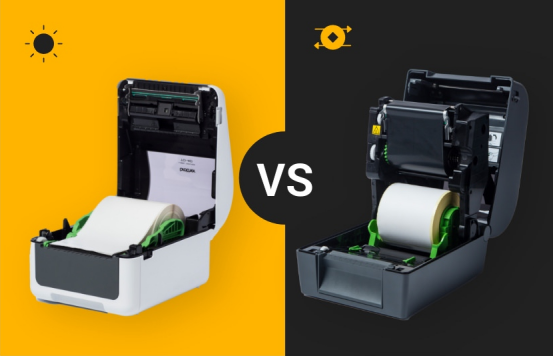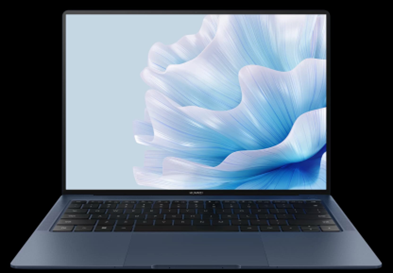Is used game software sales illegal?legal?Explaining the "used software sales case" in which a major game maker sued the shop
Enlarge the photo
In the video of "[Slow explanation] Game industry book" used software sales case "", which is introduced slowly, introduced this time, the game maker and the used shop side for used game sales using voice reading software.We will explain the fighting "used game software trial".
[Slow explanation] Game industry case book "Used software sales case"
Follow the contributor and check the new video!
Is it illegal to sell used game software?
Marisa: This time, I will explain the "Used Game Soft Trial" that fought over "used games", which is now commonplace.Currently, there are two main purchases in the game market.One is downloading from the app and software store.These are useful as a way to get software at the same time as release from home without lining up.
And the second is to buy it at the game shop.It handles games at various stores, such as consumer electronics retailers, toy shops, video rental stores, and bookstores.It's a so -called package version.The package version may also include the first purchase benefits, and there are a certain number of buyers even if the download version is released at the same time.Reimu is a new one and the price is a full price game, and if the cheap used is exactly the same as a new one, which one will you buy?
Reimu: If it's the same as the manual, I'll buy a used one.
Marisa: Do you know what happens when consumers buy second -hands in search of used?
Reimu: The shop is profitable, but the manufacturer doesn't make money.
Marisa: Yes, as a manufacturer who wants you to buy a new one, I'm really in trouble.This trial is a trial that collided between the manufacturer who wants to buy such a new one and the used shop side who wants to make money.Let's talk about the history of the trial immediately.
The story is set between 1996 and 2001.First, the 1980s before the manufacturer was noticed.In this era, NES was explodingly popular, and there were many used software shops that buy and sell NES software to get on the waves.Among them, there are shops that sell in conjunction with the original business format, such as video rental stores and bookstores, and some shops renting such games.
Later, used software dealers, which exploded like a tapioca store, were settled down in the 1990s and were maintained.Successful stores specialize in the chain, specializing in it.
Reimu: But now there aren't many used specialty.
Marisa: Such specialty stores are more suburban and many roadside stores.And there are organizations where companies handling the used games are gathered, and in 1992, an organization called the Japan Television Game Chain Association was established.The companies participating here were large -scale companies with dozens to hundreds of directly managed and franchise stores nationwide, including Camele -on Club, Nastic Adventure Island, and TV Panic.
The main subject is here.In December 1994, Sony Computer Entertainment, which is now competing with Nintendo Hard, entered the game industry.At that time, Nintendo and Sega had several wholesalers in order to distribute the game to retail, which changed the Sony Computer Entertainment.The manufacturer and the shop were traded directly without mediation.
Reimu: If this is the case, you can respond quickly when something happens.
Marisa: That's right.Manufacturers can grasp the actual distribution volume, such quick response, and profits on the Sony Computer Entertainment side.However, in the case of Sony Computer Entertainment directly to the shop, resale of inventory to other companies in the industry, maintaining resale prices, and banning second -hand goods.
From that point on, Sony Computer Entertainment and Nintendo have gained hegemony, increasing the influence of Sony Computer Entertainment.In 1996, the Computer Entertainment Software Association, a group of game makers belonging to various game makers, was launched, and the organization was also in the same way as a used software.
This organization is still an organizer of the Tokyo Game Show, and in 1997, the pamphlet at the time of the second event warned that "the copyright of the game software" was "protected the copyright of the game software", and the other used sales were also permitted.The sentence was written that it was not.
Reimu: I'm finally getting serious.
Marisa: Used dealers discussed the response at this time.As a result, the friend broke.
Reimu: Eh!? Why?
Marisa: For that reason, the store dealing with used goods was in discussions on these manufacturers' policies.As a result of sustaining second -hand sales, swallowing the manufacturer's policies, and talking about selling only new products, the original organizations divided into two.
In 1997, "Final Fantasy 7", a very popular killer software of Sony Computer Entertainment, was released.Over 3 million sales have been achieved, and Preste, which opposes used sales, has become more and more advantageous.In addition, the members of the association, which were to sell used sales at the time, had cut off new software.
In the meantime, the re -edition of the association began, leaving the "TV Game Business Council", a gathering of companies that had the idea that the rise of Camele -on Club, which operates a chameleon club, can quit used.Join the "TV Game Software Distribution Association", which will continue to sell used.
The association after the rise of Upan Co., Ltd. was effectively a "TV game specialty association."The association has a policy of not selling used to avoid the struggle of the manufacturer.
Reimu: It's complicated.
Marisa: While there were various sellers, the manufacturer was even more impressive for used software.On the back of the software package at that time, if you mark used sales, you may be able to take the mark that banned used sales without permission together with the mark, and you may take legal means.The text.
In June 1998, five major manufacturers such as Sony Computer Entertainment, Konami, Namco, Square, and Capcom at the time were selling used games in order to stop selling and destroy the company's game software., Dou Co., Ltd.!Sailed the Tokyo District Court.
After that, in addition to the five companies, a total of six major Sega companies operated the Nanpaku Kozo Co., Ltd., in search of the Osaka District Court in search of software suspension.On the contrary, Up Co., Ltd. sue Enix to the Tokyo District Court.
Reimu: I know that the manufacturer will sue a dealer, but what does a dealer sue the manufacturer?
Marisa: This is also complicated, and Enix was trying to make a contract to pay 7%of the sales to Enix when the dealer handles used software, but apparently the dealer side.Refused.As a result, the software was not delivered from Enix.And the first Du Co., Ltd.!In the trial, the manufacturer's request was approved.I allow the distribution stop.This distribution was also focused on this trial.
Reimu: And what is distribution?
Marisa: There is a law called distribution right, but it is the right to distribute the film, which is the right to distribute, and when distributing a movie in the movie.It is necessary to consent from the creator.
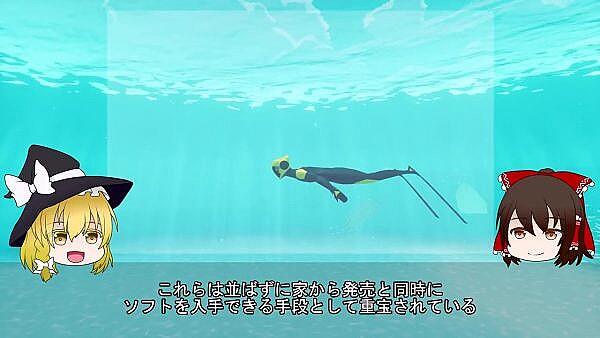
Reimu: But it's a movie that applies to this, right?
Marisa: Oh, the manufacturer claims to violate copyright because this definition is applied to the game.However, the shop side asserts that this distribution right is not applied to the game because it is applied in limited cases, assuming that it will be screened in the film film.
Reimu: The reason for this trial is whether the game is the same as the game, and where the distribution right is exhausted.
Marisa: That's right.And it is an antitrust law to make the story more complicated.In May 1996, before the trial began, Sony Computer Entertainment was on -site survey by the Fair Trade Commission on charges of violating the antitrust law.The charges are that the policy of maintaining the resale price for the first retail store violates the price detention.
Reimu: He doesn't allow discounts.What happened to the result?
Marisa: The result is the Fair Trade Commission to exclude Sony Computer Entertainment.A trial has begun for several years, as Sony Computer Entertainment has been asked to ban retailers and wholesalers to sell hardware and software, and to prohibit used side sideways.
Reimu: What happened to the trial after all?
Marisa: The first trial was separated by the Tokyo District Court and the Osaka District Court.The game is different here, and the game is not classified as a movie, and the game is not a movie.At the same time, the same hearing was conducted, but in the rise and Enix trial, the Tokyo District Court achieved results in May 1999.Simply put, it's the shop's victory.However, Enix immediately appealed to the Tokyo District Court.
Reimu: Did you find that the ruling was broken in Osaka?
Marisa: Oh.In October 1999, in a trial, which sued the six manufacturers VS acts held in the Osaka District Court, the game software was a film work, and it was said that there was a right to distribute, and the manufacturer won.Ack on the dealer is appealing.
Reimu: It was really the opposite.
Marisa: And this is not the end, so I moved to the Supreme Court.But in the meantime, events that affect the ruling occur in quick succession.
First, in March 1999, a company named Brute, who had belonged to an organization that had stopped selling second -hand goods according to the manufacturer's intention, went bankrupt with 8 billion yen debt.The reason for the bankruptcy is that there are many stores that have not handled second -hand goods because they belonged to the TV game specialty store association for each store.
Reimu: As expected, you can't do it with just a new one.
Marisa: In November 1999, in addition to Sony Computer Entertainment, the Sega distribution subsidiary inspected dozens of related companies on suspicion of price detention of Dreamcast -related products.As a result, Sega set up a sales department in -house, reviewed the contract with retail stores, and signed a new contract.In 2000, PlayStation 2, the successor to Preste, was released on March 4.
At that time, it was a policy of abolishing the margin system, including shops that had stopped selling Sony Computer Entertainment used, and used sales were also resumed for shops that have joined the TV game specialty store association.By the way, the TV game specialty store association has since disappeared.
And from here, the shop side was gradually crushing, but the attitude of the manufacturer has changed here.In the 2000 Tokyo Game Show, the pamphlet wrote that "we are not opposed to the used sales itself", and the problem is to create new rules and create an environment by using used sales without permission.。
Reimu: What was it, it's different from the previous claim.What happened to the ruling?
Marisa: This has changed a lot.On March 27, 2001, a judgment was made in the Tokyo High Court.In this ruling, he supported the Tokyo District Court and rejected Enix's appeal.
Reimu: The shop has won.
Marisa: That's right.The game software is recognized as a film work, but it is different between movies and games, and there is no right to distribute.Two days later, on the 29th, the ruling in the district court also reversed the ruling in Osaka, where the manufacturer won.Again, although the game was recognized as a film work, it was said that the distribution right disappeared in the first time, so it was not as good as used.
However, the manufacturer, of course, was dissatisfied with the Supreme Court.The ruling was on April 25, 2002, but the case occurred in Sony Computer Entertainment before that.A violation of the Sony Computer Entertainment violation of antitrust law has been decided.After 18 referees, the result was to violate Article 19 of the antitrust law.
Sony Computer Entertainment accepts it and deletes the conditions for software and hardware wholesale sales from the contract.However, the use restrictions on the handling of PS software, which had been deliberated at first, were not included in the text, and the Sony Computer Entertainment side stated that the company's claim was taken into account.
Reimu: What happened to the Judgment in the High Court?
Marisa: The Supreme Court's ruling was decided on April 25, 2002.Here, five judge of the Supreme Court planned unanimously on the manufacturer's appeal, and officially decided that used software sales were finally legal.
It is said that the distribution right will be exterminated once it is transferred, and it has been decided that used software sales are not violated copyright law.After this, the consumer game market has been reduced and it is now in the current state, but used stores dealing with them have shrunk further.It seems that the factors have become popular for basic free social games that do not require software due to the spread of the Internet.
Reimu: After that, the download version has come out.The used specialty is hard.
Marisa: And the company that made a lot of hardware turns to those who make software.Used specialty stores have applied, sold, and closed.The manufacturer continued to be reorganized, and a reorganization was reviewed as the value of the game industry itself, such as the Square Enix at the time, and Bandai and Namco were in Bandai Namco.
The relationship between the shop and the game maker has improved, but the game maker still has a new enemy called Magicon.These struggles will continue in the future.
It was a used game software incident that had become a trial of a muddy swamp.If you want to see the commentary without cut, please watch the video.
▼ You can watch the video here ▼
『[Slow explanation] Game industry case book "Used software sales case"』
Follow the contributor and check the new video!
- I want to read it at once -
・ Nintendo vs Epoch's duel.Here is a summary of the birth and competition history of home game consoles, such as "Family Computer" and "Cassette Vision".
・ Dragon Quest, FF, MOTHER… Looking back on “Heisei Game History”.What kind of development did we play the game we play with Game Boy, Sufami, Game Boy, Sufami?
 notebook-laptop
notebook-laptop